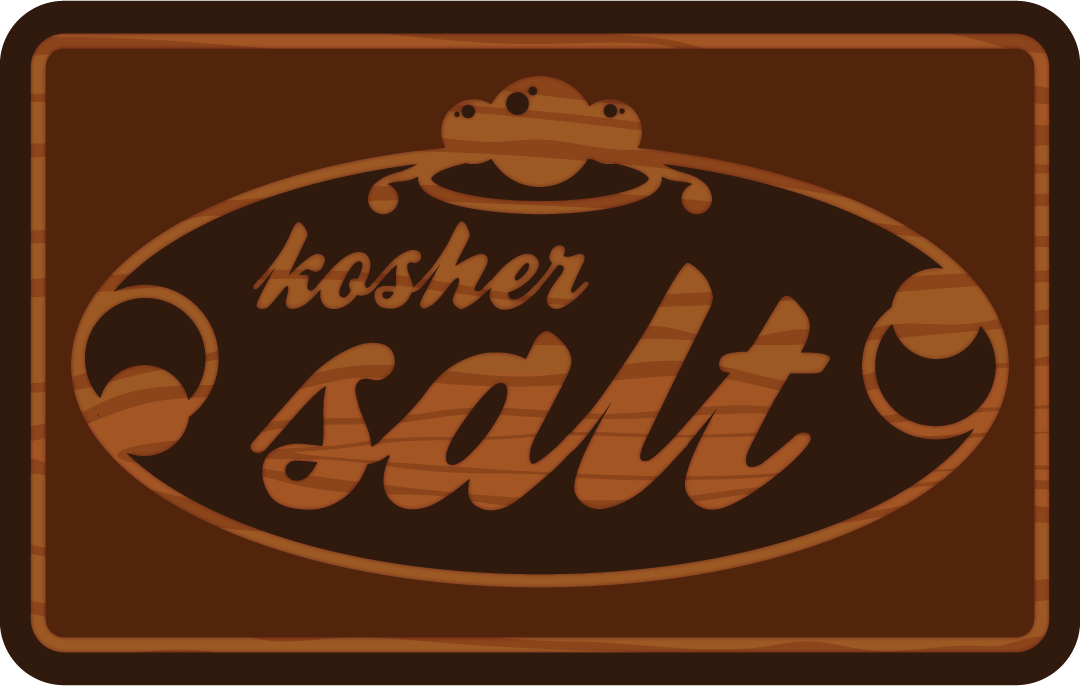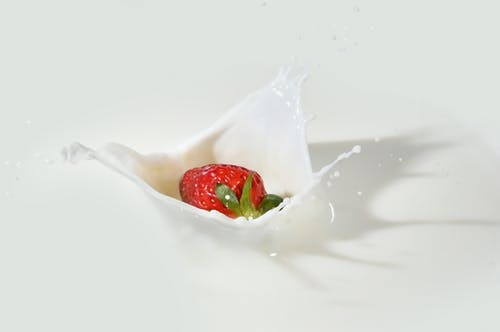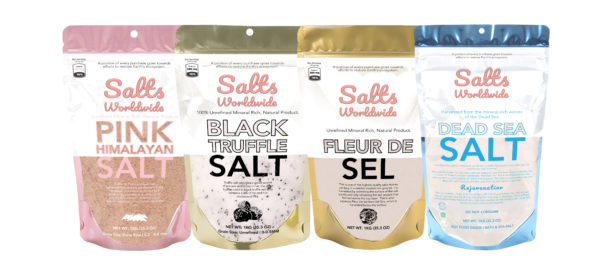Kosher Salt – Different From Regular Salt
Salt is a vital tool in the culinary art. By increasing flavor and keeping the food moist, salt is the only way to enhance both. This article will look at salts differences from other sources, its use in kosher food preparation, and some of the benefits of kosher salt.
When speaking of salt, we usually consider sea salt, which is salty sea water. Kosher salt is created by refraining from adding chlorine and chlorides, which are the two main ingredients in sea salt. Chlorine and chlorine are added to sea salt to ensure its uniformity, moisture content, and stability in storage. Non-kosher salt contains man-made chemicals that change over time and can contaminate the food. This may not seem like a big difference, but its there.
Salt is also manufactured by using different minerals. There are five mineral salts of which iodized (I) salt is the most common. These different minerals add different flavors and benefits to the food. Plain, sea, pink, white, and kosher (the most common) are all labeled as having different minerals.
Kosher salt is made from at least 51% sodium chloride and contains no high levels of chloride. Sodium chloride, on the other hand, is the main ingredient in table salt, and is a natural compound found in the oceans. Its also present in many other foods such as beer, coffee, and chocolate. A much lower amount is used for food preparation than in table salt.
Kosher salt is used in food preparation because it helps retain moisture and retains its own flavor. By maintaining the original color and texture of the food, kosher salt retains flavor and gives the food a unique texture and mouth feel. Regular table salt is made using chlorine and other chemicals that can spoil foods. Salt is also used to bring out the flavor of foods and spices. It also has an acidic effect on foods to make them soft and delicious. It is used in almost any food preparation and seasoning process, including sea salt, kosher salt, crystal kosher salt, sea salt, rock salt, sea salt crystals, and sea salt chips.
Kosher salt comes in a wide variety of colors and textures. The most common forms are table salt, which has a pale yellow color, and crystal kosher salt, which has a creamy white color. Kosher salt is frequently also combined with other minerals to create multi-color flakes.
Salt was originally used to cook things and season dishes. Since then, salt has been refined to a finely grained, fine white powder. Its versatility is in its capacity to bring out a variety of flavors. Its purpose is to naturally increase the flavor of foods.
Salt also has benefits. By keeping food moist, salt also aids in controlling the growth of bacteria and microorganisms. The smallest organisms can be controlled if the food is kept moist, making it a vital component in any food preparation.
Salt also serves as a seasoning agent. It can be added to any dish to add flavor and to help preserve it. It is a common ingredient in salad dressings, especially for those who do not like vegetables, as it adds a savory flavor.
There are other benefits to salt, as well. For example, the concentrated brine found in kosher salt dissolves quickly in water to produce bouillon. Bouillon does not contain starch, so it provides vitamins and minerals to the food without causing any starch breakdown. It is also a good source of protein, carbohydrates, and B vitamins.
For those looking to start their kosher salt collection, there are plenty of brands available. The best salt to start with, though, is Himalayan salt. It is the best way to go if you are looking for the most beneficial kosher salt for your health.



